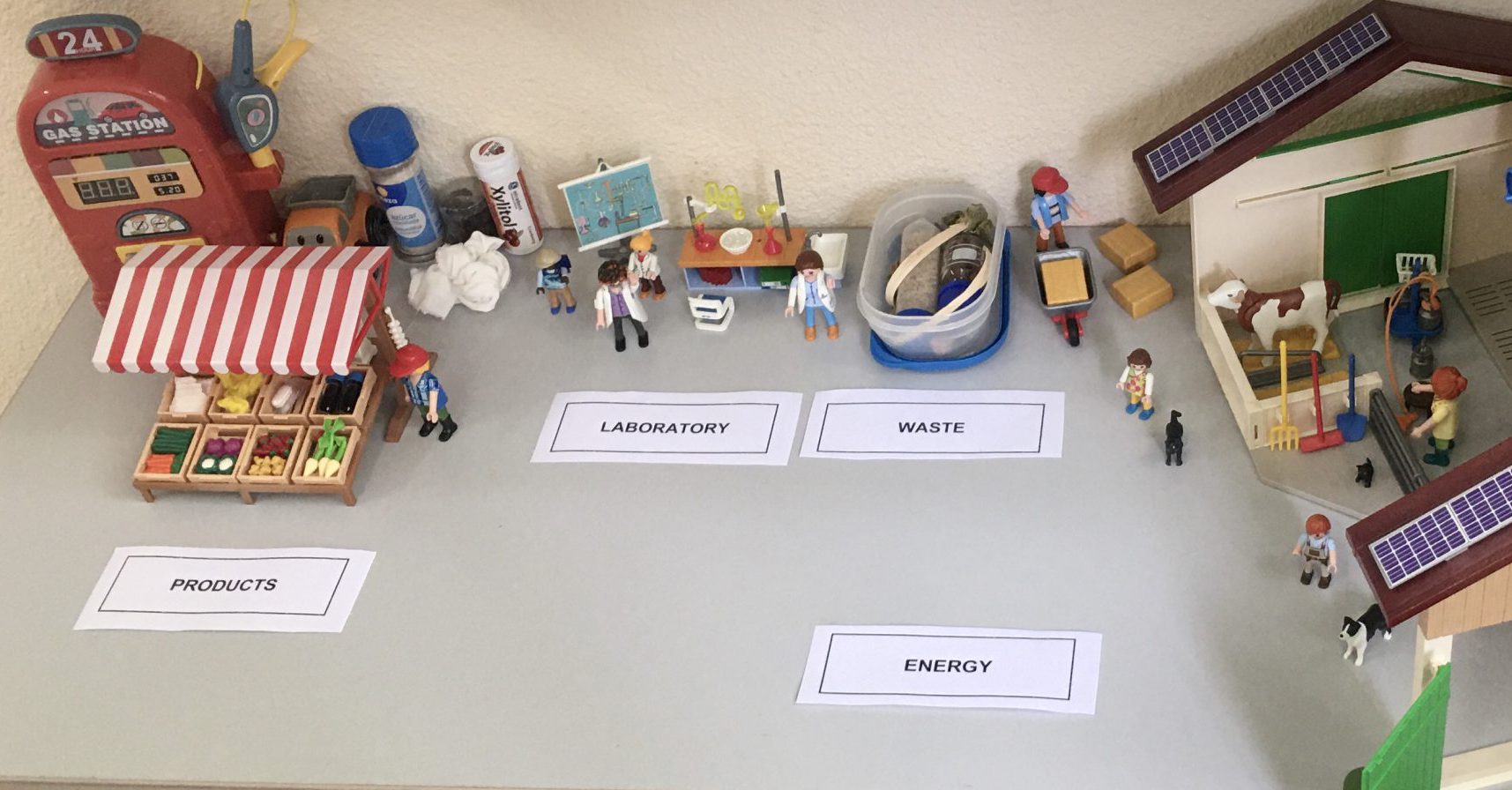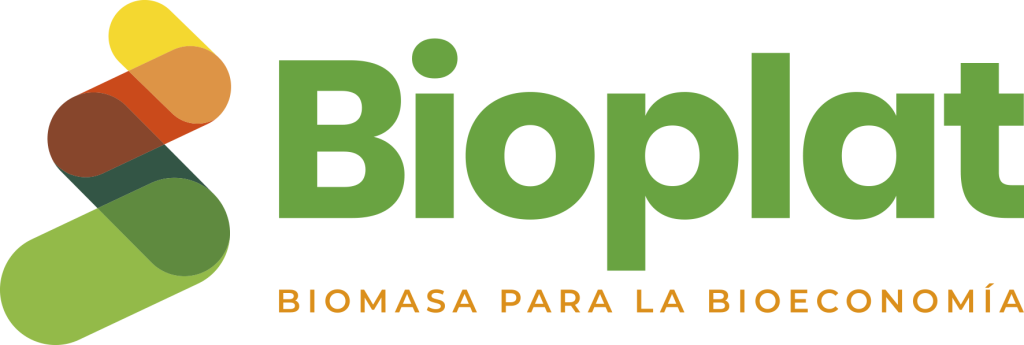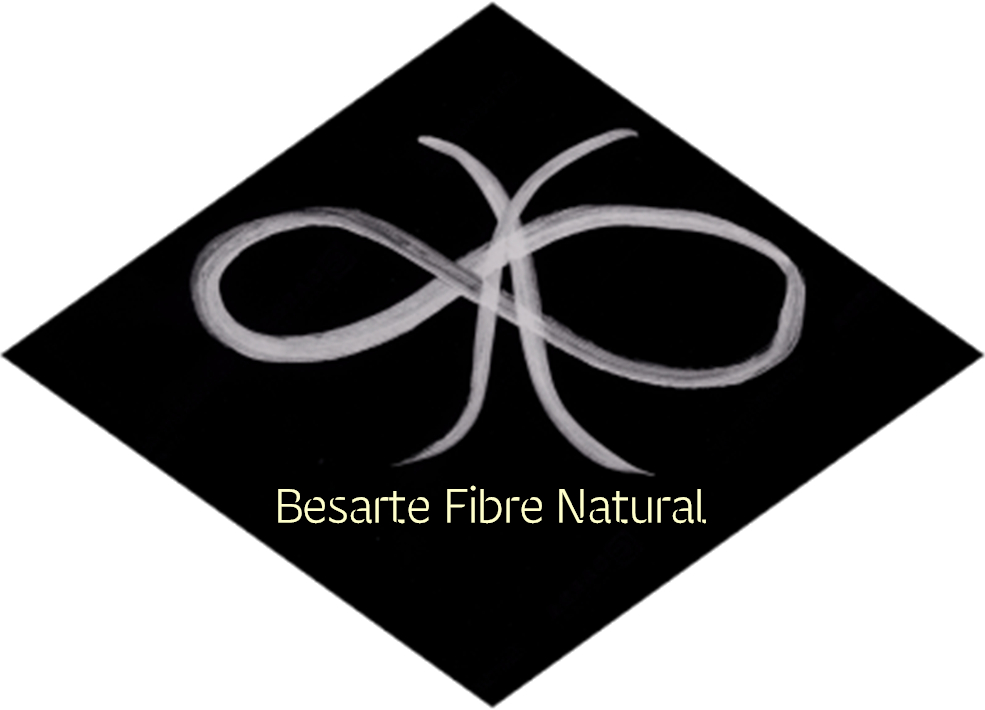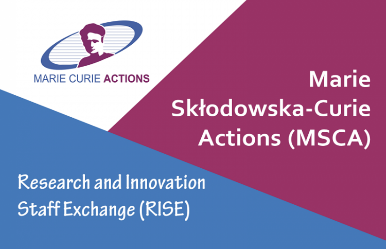General consortium
The consortium of the CELISE project consists of 18 partners. I have 13 parents from Academy and Research institutions and 5 from the industry. In addition, all of the industrial partners are small and medium enterprises.
The consortium is focused not only on international knowledge but also inter-sectorial, between companies in Europe and academies from Europe and Latin America. Participants have different expertise areas to share within the use of different biorefinery processes and tools to make decisions in SMEs and rural areas.
My work plan shows a gender-balanced in the teams and actions. More precisely, the work packages are assigned both to men and women. Moreover, the project directly involves both genders for senior and junior researchers. Thus, 60% of the researchers who lead a WP are women. All Committees and Boards that will work in the organisation and management structure of the project will be gender-balanced. My committees and Boards have an equal number of women and men. CELISE consortium has knowledge of the Gender Equality Strategy 2020-202553 and is aware that gender equality is a cross-cutting issue within the priorities of H2020.
Project coordination – University of Cantabria, Spain
My closest parents are at the University of Cantabria, in the north of Spain. However, I also have other 17 parents spread all over the world.
The University of Cantabria in CELISE project is represented by the Green Engineering and Resources (GER) research group and the European and International Project Office.

The main expertise of the University of Cantabria in relation to the project is:
- Chemical methods including HPLC and FTIR;
- Hydrolysis processes: acid, alkaline, auto-hydrolysis, and the use of deep eutectic solvents (DES);
- Processes of pyrolysis;
- Simulation of chemical processes by ASPEN;
- Stakeholder needs analysis, multicriteria analysis data;
- Design of hydrolysis pilot plants;
- Sustainable processes;
- Pulp and paper and artisan sector collaboration;
- Educational programmes (Senior, training).
Partners from academy or research in Europe
My other parents in Europe related to academy and research are the following:
Polytechnic University of Madrid (Spain)

The main expertise of the Polytechnical University of Madrid in relation to the project is:
- Properties of biocomposites and fibres;
- Artificial neural network;
- SMEs collaboration in woody materials.
Latvian State Institute of Wood Chemistry (Latvia)

The main expertise of the Latvian State Institute of Wood Chemistry in relation to the project is:
- Adhesives, additives and fibre characterisation;
- Steam explosion;
- PSA-oxidation;
- SMEs collaboration in woody composites.
Warsaw University of Life Sciences (Poland)

The main expertise of the Warsaw University of Life Sciences in relation to the project is:
- Glue benders and characterisation methods;
- Nanomaterials and other biomaterials;
- Modelling of chemical processes.
Warsaw University of Technology (Poland)

The main expertise of the Warsaw University of Technology in relation to the project is:
- Biomass characterisation;
- Biochar from hydrothermal processes;
- Design of chemical processes;
- Collaboration with several industrial companies.
Institute fo Physical Chemistry – Polish Academic of Science (Poland)

The main expertise of the Institute of Physical Cjemistry PAS in relation to the project is:
- Biomass characterisation;
- Pre-treatment of lignocellulosic biomass by catalysis;
- Nanocellulose structures;
- Fibres and applications;
- Life Cycle Assessment;
- Collaboration with UCC.
Bangor University (United Kingdom)

The main expertise of Bangor University in relation to the project is:
- Hydrolysis and nanocellulose production at pilot scales;
- Novel fibre characterisation methods;
- Energy production;
- Lignocellulosic building products;
- Research centre for biomaterials.
TWI Limited (United Kingdom)

The main expertise of the TWI in relation to the project is:
- Biochar from pyrolysis at different scales;
- Stakeholder needs in vulnerable areas;
- Design of portable pieces of equipment
- Energy and bioproduct production in rural areas.
- This Institution has a great collaboration with Carbon Compost Company.
Aristotle University of Thessaloniki (Greece)

The main expertise of the Aristotle University of Thessaloniki in relation to the project is:
- Analysis and characterisation of biomass and various forestry/agricultural waste materials;
- Hydrothermal Pre-treatment and selective fractionation of biomass;
- (Nano)cellulose production, modification and application as additive in resins, adhesives;
- Biomass pyrolysis and analysis of bio-oil and bio-chars (bio-char activation);
- LCA and technoeconomic analysis;
- This Institution has a great collaboration with ECORESOURCES.
Partners from academy or research in Latin-America
Cooperative University of Colombia (Colombia)

The main expertise of the Cooperative University of Colombia in relation to the project is:
- Logistics and needs of lignocellulosic materials based on rural and vulnerable areas;
- Modelling, simulation and economic evaluation of small biorefineries;
- Smart territories, big data, IOT and AI;
- Design of smart system algorithms.
- Energy production in vulnerable areas;
- Educational programmes in rural areas.
National University of Chimborazo (Ecuador)

The main expertise of the National University of Chimborazo in relation to the project is:
- Chemical reactors and physical methods in industrial applications;
- Simulation and automisation of industrial processes;
- Stakeholder needs in rural areas.
National University of the Littoral (Argentina)

The main expertise of the National University of the Littoral in relation to the project is:
- Biomass characterisation;
- Pre-treatment of lignocellulosic biomass;
- Second-generation production of bioethanol;
- Collaboration with rural areas and SMEs;
- Use of agricultural residues in biorefinery;
- Bio-based economy in Argentina.
Latitud – Fundación del Laboratorio Tecnológico del Uruguay (Uruguay)

The main expertise of the Fundacion Latitud in relation to the project is:
- Biomass characterisation;
- Pre-treatment of lignocellulosic biomass – steam explosion
- Collaboration with rural areas and SMEs;
- Use of forestry residues in biorefinery;
- Bio-based economy in Uruguay.
Industrial Partners
Exeter Charcoal/Carbon Compost Company (United Kingdom)

The main expertise of the Exeter Charcoal / Carbon Compost Company in relation to the project is:
- Biochar production;
- Business models
- Portable pieces of equipment for biochar;
- Training in biomass
- Collaboration with academy
- Use of residues for obtaining bioproducts.
- This Institution has a great collaboration with TWI.
ECORESOURCES IKE (Greece)

The main expertise of the ECORESOURCES in relation to the project is:
- Characterisation of biomass;
- Biomass processing equipment
- Modelling
- Training and research in spin-off company
- Tools for environmental evaluation;
- Experience on residues valorisation and bioeconomy.
- This Institution has a great collaboration with Aristotle University of Thessaloniki.
INOCURE SRO (Czech Republic)

The main expertise of the INOCURE in relation to the project is:
- Technical and mechanical characterisation of cellulose-fibres;
- Micro- and nano-cellulose production by novel methods at industrial scale to be used in drugs and other products;
- Training and research in spin-off company;
- Novel procedures for biomass processing.
VoCATE Ltd (United Kingdom)

The main expertise of VoCATE in relation to the project is:
- Stakeholder needs;
- Business models;
- Life Cycle Assessment;
- Design of educational programmes.
Quantum Artificial Intelligence, S.L.

The main expertise of QAI in relation to the project is:
- Stakeholder needs;
- Business models;
- Life Cycle Assessment.
Other collaborators
Artistic Organisations in Cantabria and Basque Country







